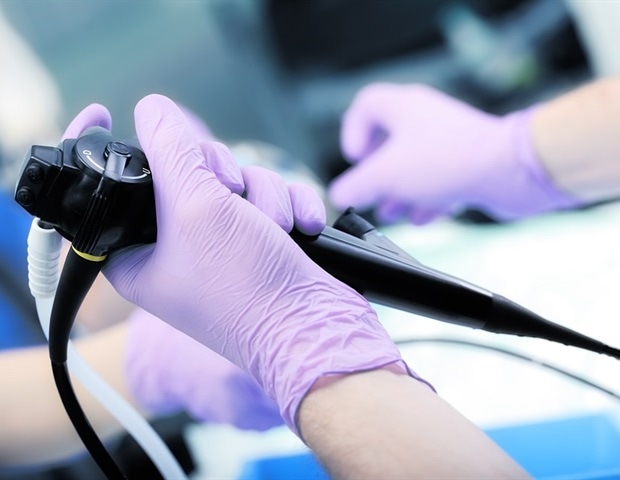A team of researchers from Ochsner Health recently published an insightful article in the International Forum of Allergy & Rhinology exploring the application of convolutional neural networks (CNNs) to improve the accuracy and efficiency of nasal endoscopy. The study, authored by resident physician Dr. Vinayak Ganeshan under the guidance of senior otolaryngologist Dr.
Edward D. McCoul, addresses the challenges posed by the intricate nasal cavity anatomy in rhinology diagnostics. Nasal endoscopy (NE) is an essential diagnostic tool in rhinology, but its effectiveness can be hampered by the complex structure of the nasal cavity.

The study investigated a CNN-based model designed to accurately localize and segment important landmarks in nasal endoscopy images. Images for the study were gathered from NE examinations conducted at Ochsner Medical Center in New Orleans between 2014 and 2023, using a standard digital endoscope. A total of 2,111 images underwent manual segmentation by three physicians.
The researchers configured the YOLOv8 object detection model to perform three tasks: classify the presence of a turbinate, detect its location, and apply a segmentation mask delineating its borders. Transfer learning was employed to refine the model's performance on NE images through backpropagation and stochastic gradient descent. By manually selecting hyperparameters and halting training upon a 15-epoch stall in validation performance, the model achieved impressive results.
The model i.























